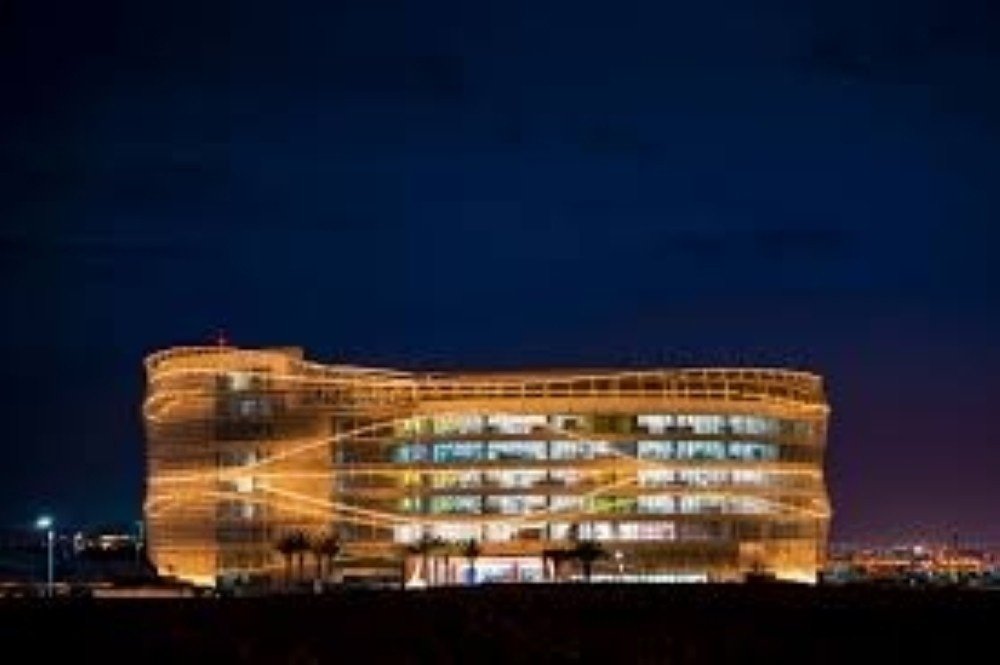Global stakeholders convened at Wageningen University in the Netherlands to commit to making Bangladesh’s agriculture sector resilient, profitable, and sustainable, particularly for small farmers and entrepreneurs. The roundtable, titled ‘Future of Bangladesh Agriculture,’ was hosted by the Bangladesh Embassy and moderated by Ambassador M Riaz Hamidullah.
The event saw participation from over 230 experts, including representatives from the Global Institute for Food Security and the University of Saskatchewan, which also partnered for the event. Discussions focused on crucial agricultural challenges in Bangladesh such as increasing crop yield, developing resilient supply chains, scaling up farm mechanization, and bridging skill gaps through training.
Insights were also shared by the FAO and the World Bank, with Bangladesh’s Agriculture Secretary, Wahida Akhter, outlining the government’s vision for transforming agriculture in the country. Baljit Singh, Vice President of the University of Saskatchewan, pledged further cooperation in agricultural research with Bangladesh.
Dr. Abdus Shahid, a Minister from Bangladesh, emphasized agriculture as a key area of cooperation with the Netherlands, aiming to introduce transformative technologies and research capabilities. He shared his personal experiences as a farmer turned politician, reflecting on the enduring struggles of Bangladesh’s small and marginal farmers.
The event culminated in a tripartite arrangement among Wageningen University, the University of Saskatchewan, and the Bangladesh Agricultural Research Council (BARC) to launch impact-driven initiatives at the grassroots level in Bangladesh.
This roundtable marks a significant step in ongoing efforts to empower Bangladesh’s agricultural sector, building on initial discussions held in 2022. The Netherlands, recognized as the second-largest agro-food exporter globally, continues to explore agri-business potential in Bangladesh through various market scans.















